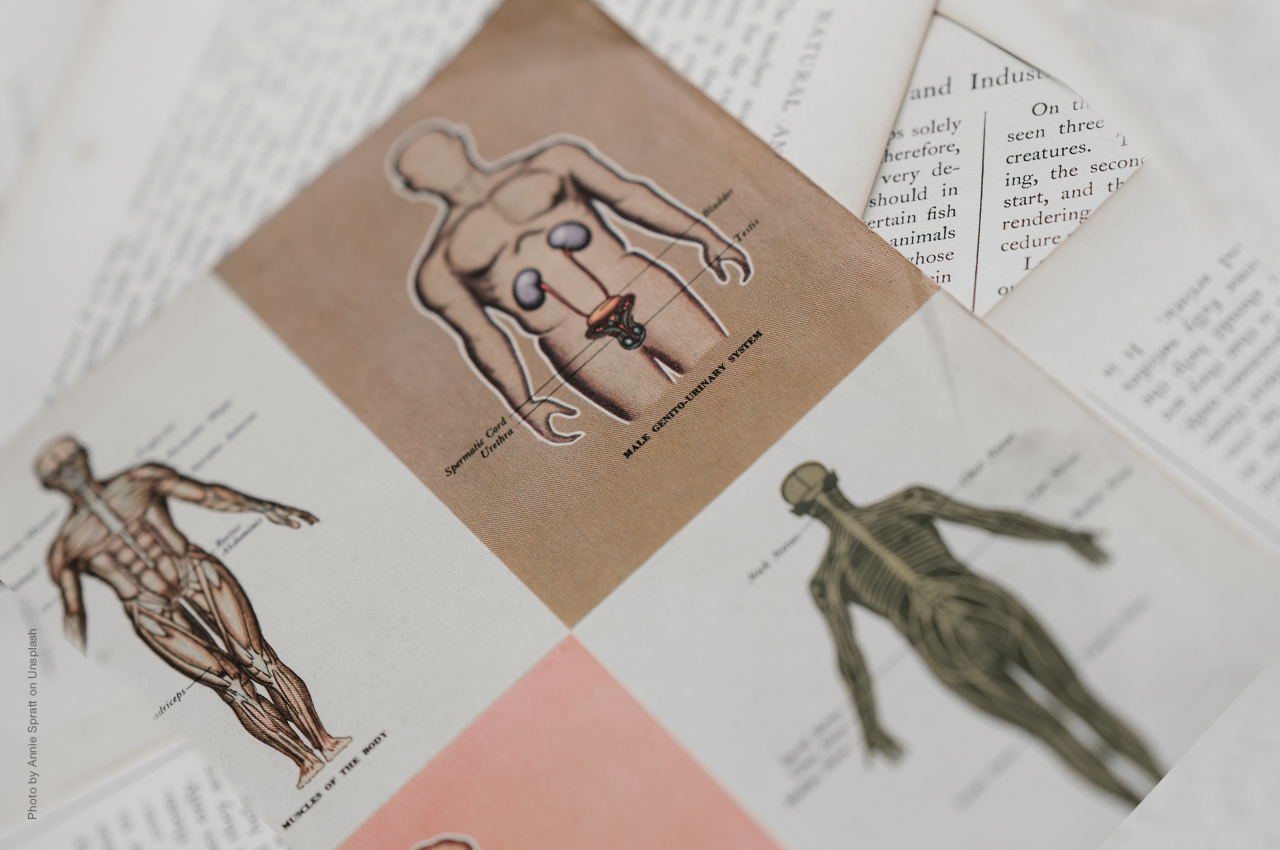Did you know that kissing has loads of mental and physical benefits?
Science shows that kissing triggers your brain to release feel-good chemicals by igniting the pleasure centres of the brain.
These chemicals include oxytocin, the “love hormone” which calms you; and dopamine and serotonin which make you feel joyful and encourage feelings of affection and bonding. These also lower your cortisol (stress hormone) levels that could help ease your blood pressure.
The science behind kissing
According to Dr John Gottman, the butterflies you feel in your stomach come from the epinephrine and norepinephrine hormones that increase your heartbeat and send oxygenated blood to your brain.
Researchers have found that extending the length of your kisses by a few seconds can kick your nervous systems into a connecting, safety and relaxing mode. The knock-on effect is a positive impact on your emotional and physical wellbeing.
While kissing may be good for your health it can also help strengthen your relationship. Other affectionate communication, like hugging and saying “I love you,” can impact the physiological processes related to stress management.
What’s more, swapping spit boosts your immunity by exposing you to new germs that may strengthen your immune system. Saliva also contains testosterone, a sex hormone that plays a role in sexual arousal. The longer and more passionately you kiss, the more testosterone gets released.
Rekindle the romance
The truth is, no relationship is perfect. But there are many ways you can improve your bond to ensure a quality relationship with your partner.
Ask your partner something new
Communication will always be a make-or-break factor in the success of any relationship. Ask how your partner’s day went and find out what they may have learnt for the day. Engage in the conversation.
Be appreciative
At times you may overlook what your partner does for you. You may subconsciously treat their acts of kindness as an expectation instead of effort or simple gesture from the heart. Show that you appreciate their hard work.
Know when to apologise
Sometimes being right isn’t as important as being compassionate. Choose which battles are worth fighting. Although knowing that you are right can make you feel a sense of victory, there’s maturity in apologising during an argument that isn’t as important as the person with whom you’re arguing.
Be mindful of the small things
Another way to add meaning to your conversation is to truly listen to what your significant other is saying, and make mental notes of what they express.
Let go of the past
Unfortunately, what happened in the past doesn’t always stay there. However, it can be difficult to move forward in a relationship when you’re still caught up in events from years ago. Letting go helps you move on, and brings a natural progression of your relationship.
Show some affection
Along with expressing your gratitude to your partner, let your actions say how much you care! A little PDA never hurts. This helps your partner know how you really feel about them outside of your four walls. Remember: we are not what we say; we are what we do.
References:
- https://mycounselingsolutions.wordpress.com/2018/02/02/the-magic-of-the-six-second-kiss-gottman-marriage-minute/
- https://www.healthline.com/health/benefits-of-kissing#blood-pressure
- https://www.mindbodygreen.com/0-7768/5-benefits-of-kissing-top-10-reasons-to-kiss.html
- https://www.psychologytoday.com/us/blog/lifetime-connections/201803/11-ways-improve-your-romantic-relationship
- http://www.thecenter4relationships.com/the-6-second-kiss/
- http://theeverygirl.com/10-things-you-can-do-to-improve-your-relationship/



